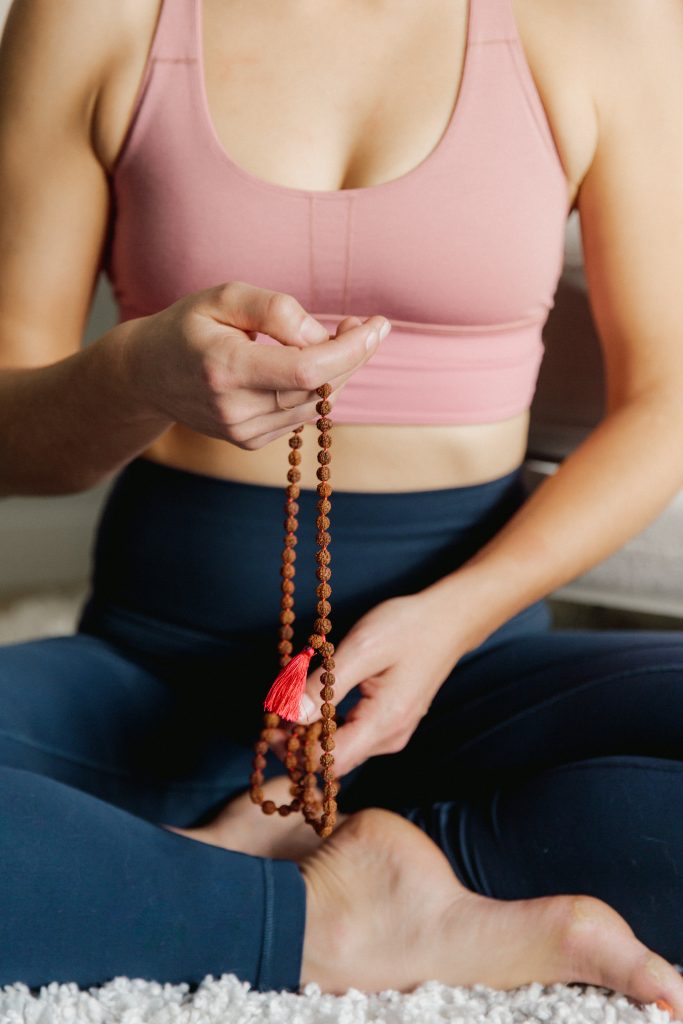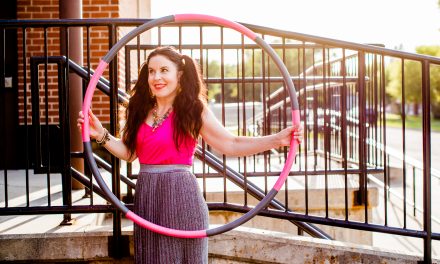Story by Curniss McGoldrick, photo by Britt Gill

A few weeks ago, I found myself wanting to go for a run, but didn’t do it because I “needed” new shoes. My regular running shoes, I concluded, wouldn’t give me enough traction for the snowy conditions. Many of us find ourselves in situations like this when good intentions succumb to the fear of being ill-prepared. Are our concerns founded, or are they a product of good marketing aimed to capitalize on rapidly growing market trends of the modern wellness industry?
If I ask you to picture someone doing yoga, running, or working out at the gym, the first image to pop into your mind is likely to be based on an ad you’ve seen in the past. For many of us, modern concepts of wellness are defined and exemplified by the health and wellness industry, which was reported to be worth $4.2 trillion in 2017. Models, sponsored athletes, and a growing number of social media influencers all play a role in shaping our perception of what it means to be healthy and well.
For an increasing number of brands, marketing through the wellness lens has become an easy way to encourage consumerism (the ever-increasing acquisition of goods and services) and boost bottom lines. Consequently, the number of things you “need” to buy to start doing yoga, for example, can include everything from a yoga mat to a new house with a yoga room. There are an infinite number of ways to spend time and money in the name of health and wellness without actually doing anything particularly healthy or good for our well-being.
In fact, shopping sprees following well-intended New Year’s resolutions can be excellent ways to avoid taking real action. I love the passage in Eat, Pray, Love when the author, Elizabeth Gilbert, describes herself fantasizing about building, outfitting, and decorating the perfect meditation room in her future home instead of meditating. I’ve definitely been there, and there’s a good chance you have too. It’s easy to say “I’m not ready yet” or “I’ll start when…” instead of taking action.
We often convince ourselves that making changes in our life requires significant action, and tend to put pressure on ourselves to go all in, all at once, and only when we feel ready. In reality, the small actions we take on a daily basis are what ultimately determine our long term health and well-being. Start small, and start before you’re ready. There is no need to buy a kettlebell to work out at home, a meditation cushion to meditate, or a yoga mat (invented and marketed in the 1980s) to practice yoga.
I did end up buying a new pair of running shoes with better grip, and am grateful for them. After all, most wellness products and services available to us do serve a purpose; however, choosing what we consume is a privilege. Let’s do our best to do so mindfully, for our well-being, and the well-being of our planet.













